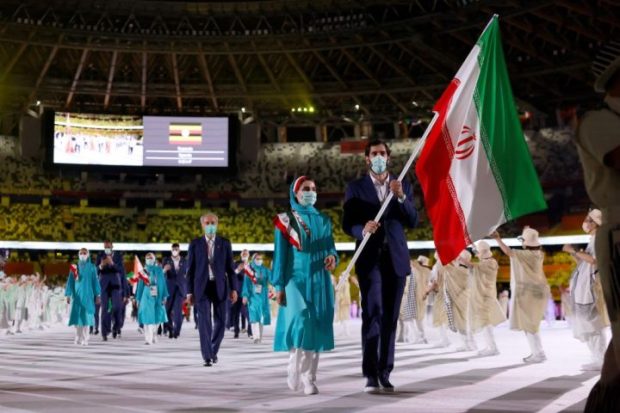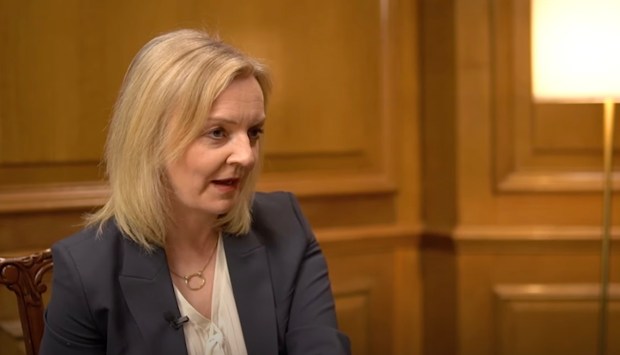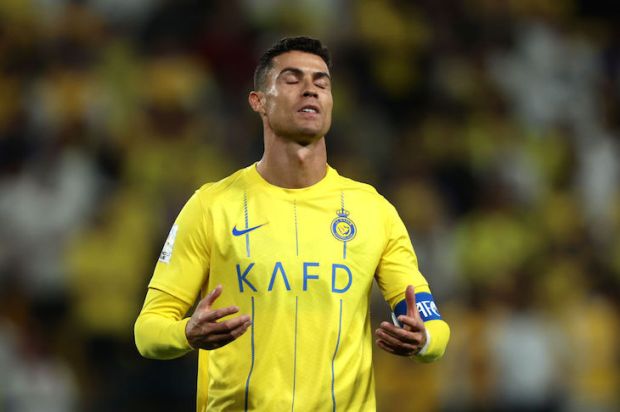Several French cities have announced that they will be boycotting the upcoming World Cup in protest against the Qatari state’s human rights record and, for some, the alleged environmental impact of the event. The customary big screens and specially designated fans zones have been cancelled in Paris, Bordeaux, Lille, Marseilles, Strasbourg and Reims. Pierre Hurmic, the mayor of Bordeaux, said public screenings of World Cup matches would make the city an ‘accomplice’ to a form of crime. French great Eric Cantona agrees:
‘I will not watch a single match of this World Cup. This will cost me because since I was a kid it’s been an event that I love, that I look forward to and that I watch with passion. But let’s be honest with ourselves: this World Cup makes no sense. The only meaning of this event, as we all know, is money.’
Could this mini-French revolution spread to the UK? It’s certainly possible. Local council leaders may see an easy opportunity for some cost-free virtue signalling. Ruling out big screens and fan zones that would probably, given the chilly November and December weather, not have happened anyway may prove irresistible to some. And who would be surprised if a few publicity hungry MPs and celebrities, especially those with little interest in football, declare that they will be making the huge sacrifice of not watching a single game?
As for the fans, followers of English football with anything resembling a social conscience have had an uncomfortable time of it in recent decades. Now they are faced with yet another moral dilemma. Having seen their clubs, which once had genuine ties to the local community, be transformed into remote, soulless, corporate behemoths, the thought of surrendering to the idea of their national team competing in what many regard as a modern slave state may be a compromise too far for some. To date, the only talk of a boycott has come from a Welsh LGBT association. No British player of Cantona’s stature has spoken out publicly, but there is time for that to change.
But some would argue: what’s the point? Amnesty International has mooted an alternative plan to compensate migrant workers from Fifa’s own colossal revenues. Others argue, albeit rather hopefully, that participating and engaging is better, in the hope that the more light is shone on conditions in Qatar and the more public awareness is raised, the greater the chance of reform.
And can we really take the shrill pronouncements of the French satraps at face value anyway? Cynics will point out that public screenings would have been prohibitively expensive with energy prices where they are. Perhaps the World Cup’s controversies offer a handy way out – the mayor of Angeloume in south west France was at least honest about this.
‘It seemed incongruous to us to risk this kind of expense at a time when we are trying to make economies to absorb the growing cost of energy,’ said Xavier Bonnefont, who said the cost of installing and powering a giant screen could cost ‘several tens of thousands of euros. In any case, frankly in winter I don’t think there would have been many people turning up. The public will be just as happy in a bar.’
Even if the sentiments about a boycott are sincere, since there is no rule prohibiting fans gathering to watch games in bars or restaurants the ‘boycott’ is little more than a gesture. Perhaps it is also hypocritical, given that the country’s top club PSG is owned by the Qataris.
The sad truth about the award of the World cup to Qatar is that nothing can really be done now. The tournament will go ahead, and the stadia will likely be full. The world’s top players will be there, and such protests as will be made, like the Danish FA’s decision to wear ‘toned down’ shirts as a signal of their embarrassment at being in the tournament, will achieve nothing except perhaps salving a few consciences. It would be fascinating to know what exploited migrant workers that sweated for a pittance to build the vulgar football stadia think of such gestures.
The even sadder truth is that the blame for this situation runs wider and deeper than the current or recent power brokers in the Zurich offices of Fifa. Wider in the sense that everyone involved with running football at the top level must ask themselves a tough question: even if they didn’t have a hand in facilitating the award of the World Cup to Qatar, what did they do to stop it? And deeper in that where we are now is no temporary aberration: how was Fifa allowed, over decades, to become the sort of organisation that would make this kind of decision and enable this mess? There are no good options left.
Got something to add? Join the discussion and comment below.
Get 10 issues for just $10
Subscribe to The Spectator Australia today for the next 10 magazine issues, plus full online access, for just $10.



















Comments
Don't miss out
Join the conversation with other Spectator Australia readers. Subscribe to leave a comment.
SUBSCRIBEAlready a subscriber? Log in